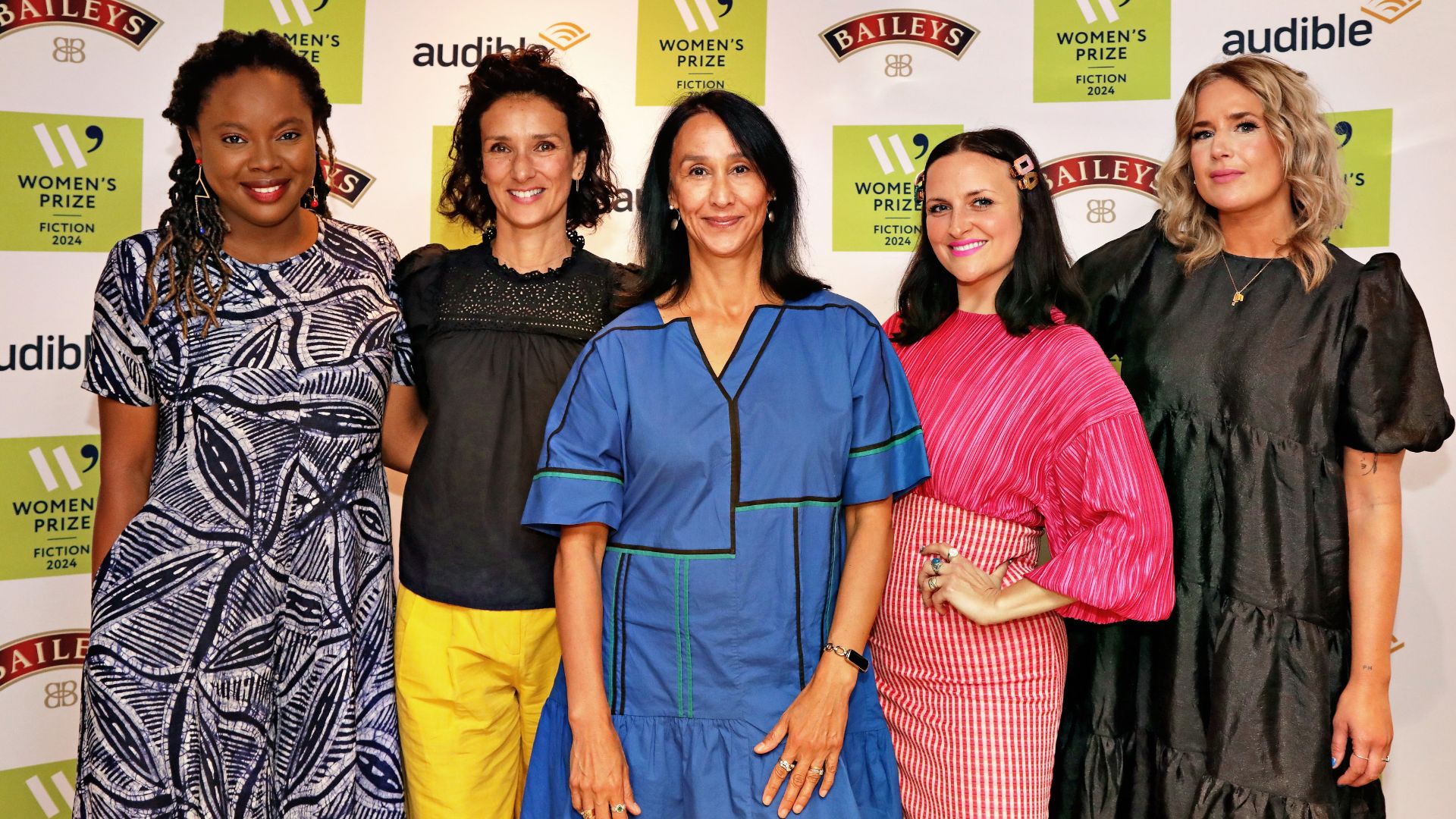You are viewing your 1 free article this month. Login to read more articles.
Ali and Lipscomb chair 2024 Women's Prizes
Monica Ali will chair the Women’s Prize for Fiction judging panel while Professor Suzannah Lipscomb will lead the inaugural Non-Fiction Prize panel.
This marks the 29th year of the fiction prize. Ali is joined by author Ayọ̀bámi Adébáyọ, as well as writer and illustrator Laura Dockrill, "Game of Thrones" actor Indira Varma and presenter and author Anna Whitehouse.
For the launch of the Non Fiction Prize, chair Lipscomb, a historian and broadcaster, is joined by author Kamila Shamsie, who won the 2018 Women’s Prize for Fiction, along with fair fashion campaigner Venetia La Manna. Academic and author Professor Nicola Rollock will also judge alongside writer Anne Sebba.
Ali told The Bookseller why the prize is still necessary: "It’s one of the top three literary prizes in the world...It makes such a difference not only for the winners but also for the shortlisted authors who end up school and university reading lists, has a big difference on sales too.
"As to whether a prize for women is still needed, we know that women novelists often dominate bestseller lists and buy more novels than men but there is a difference in how women’s fiction is regarded and treated."
Ali emphasised how literary coverage is still skewed towards male authors. She said: "Reviews and literary journals, a large proportion tend to be male-dominated, for example the Emilia Report [published in 2019 which showed books by men received 12% more broadsheet reviews then by women]. When you think of the Booker, it still has had more male novelists win than women - those things are starting to change but there is still in imbalance, it’s the same for the Pulitzer over its history."
She added: "So the fact there is a prize just for women is a good thing, it brings them to a wider audience. I wish more men would read books by women - women read books by men and women on an equal basis but men tend to read largely only novels by men. So anything that highlights and amplifies women’s voices is still a really necessary and important thing."
Lipscomb commented: “There is a need to banish the lingering perception that non-fiction is men’s work by showing that authority and expertise are qualities that women possess in spades. This prize will shine a light on talented and often overlooked female writers creating brilliant, groundbreaking and revelatory work in genres that include history, science, philosophy, sport, nature, medicine, psychology and biography.”
Both judging panels will base their deliberations for the longlist, shortlist and winner on the three guiding tenets of "excellence, originality and accessibility".
The longlist for the Fiction Prize will be announced on 5th March with the shortlist revealed on 24th April. The longlist for the Non-Fiction Prize will be announced on 15th February with the shortlist revealed on 27th March. The winners for both prizes will be announced on 13th June.
Each winner will receive £30,000 and a limited-edition statuette: the ‘Bessie’ for the Fiction Prize – sculpted by the late Grizel Niven – and a specially commissioned sculpture, the ‘Charlotte’ for the Non-Fiction Prize. The artist of the ‘Charlotte’ will be announced in January 2024.





















